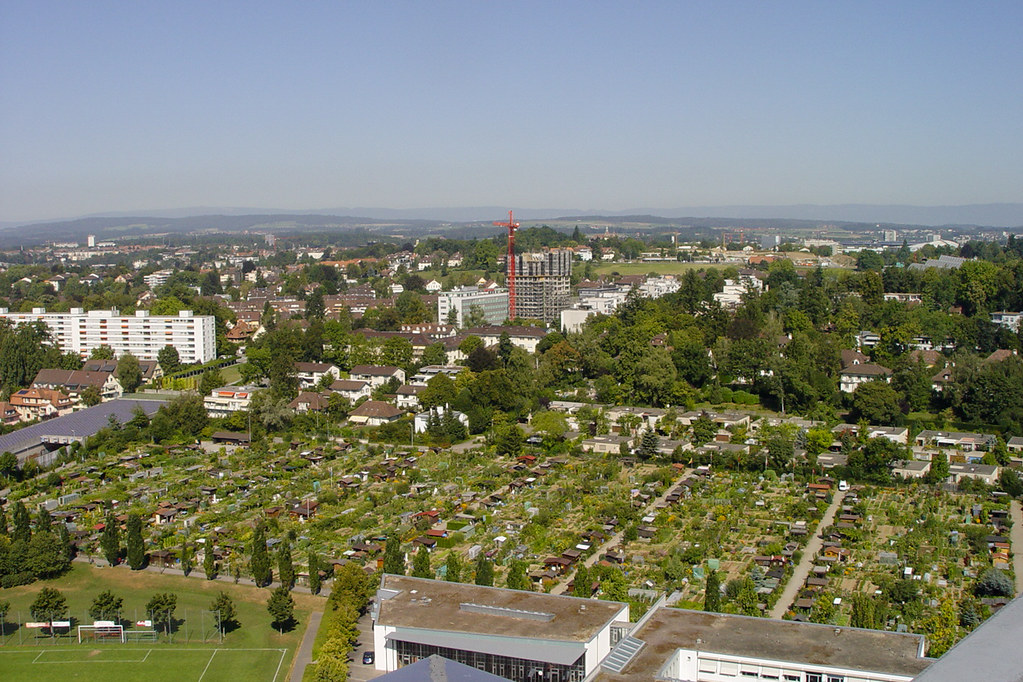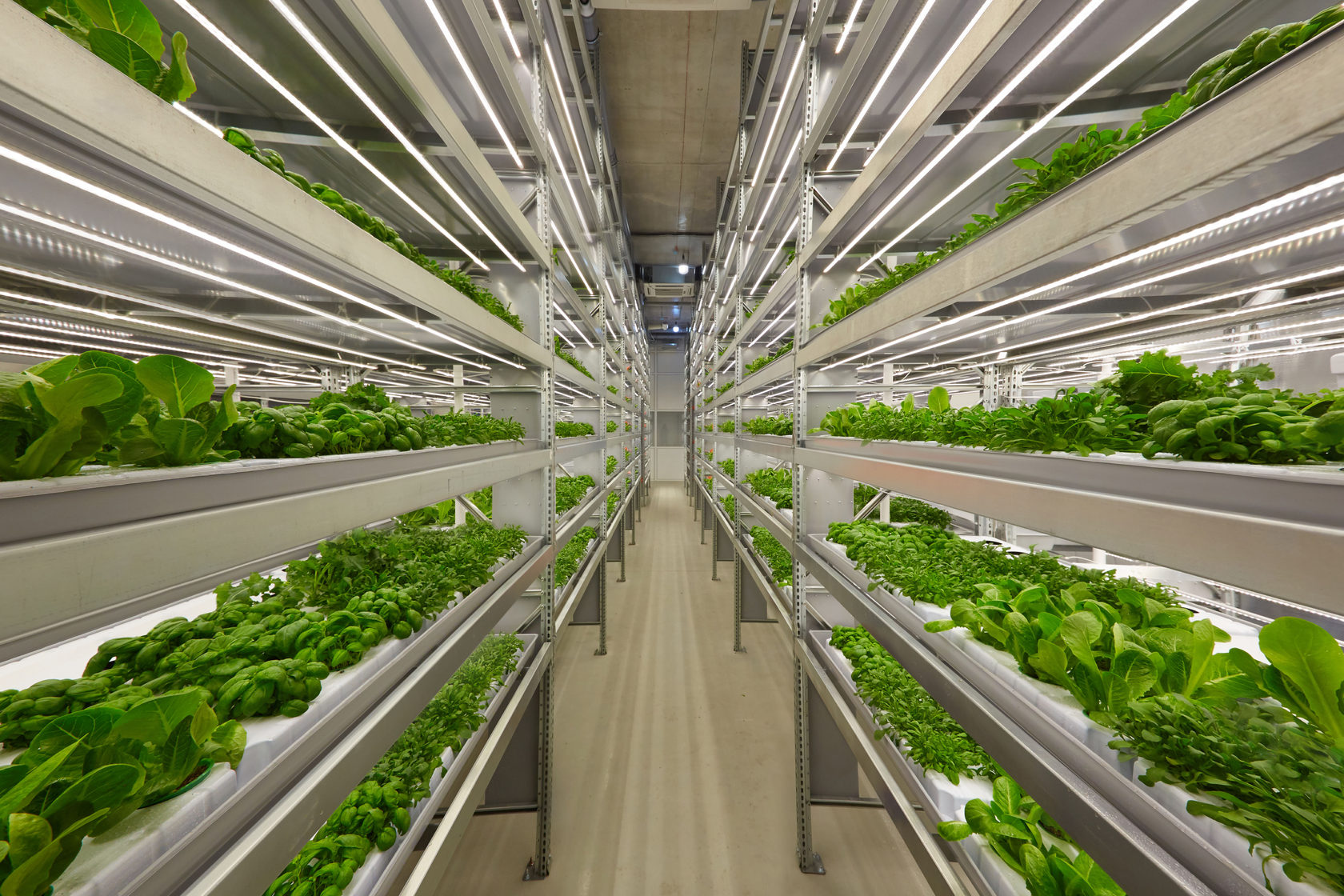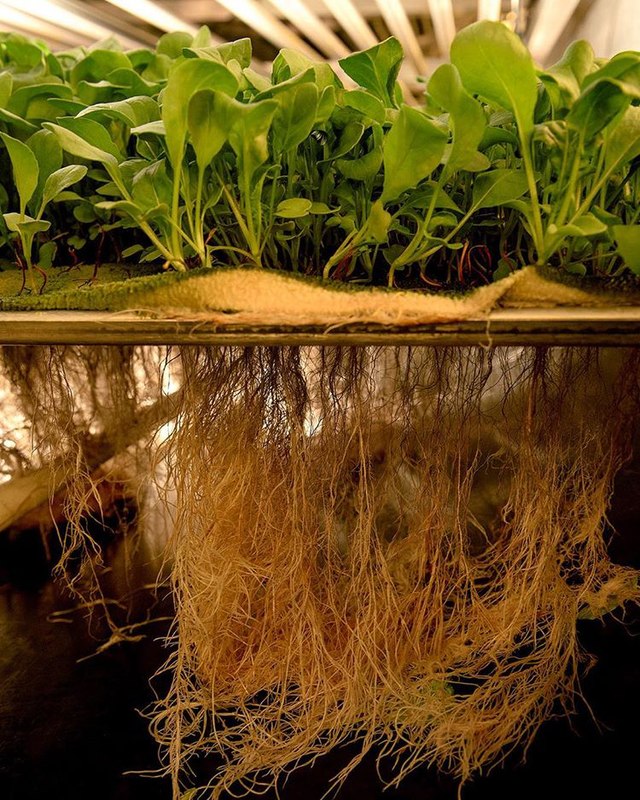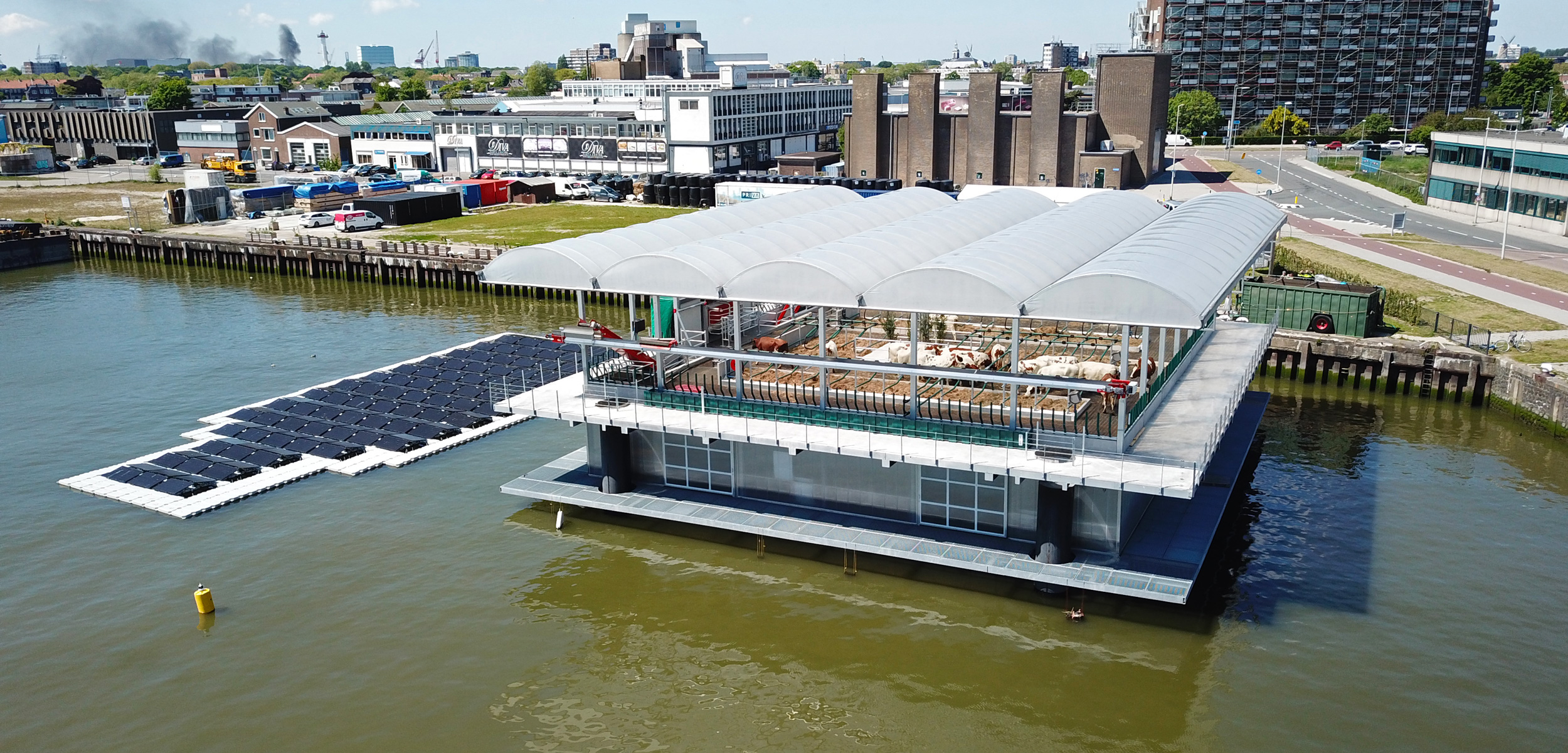
 Family garden in Berne, Switzerland.
Family garden in Berne, Switzerland.


I found the article The Town Sheep, or Urban Breeding in Dakar (Senegal)1 when I was looking for scientific papers about Ladoum sheep. The topic Urban Farming is actually a hype, specially in Europe. I will try here to compare urban farming in West Africa, and in Europe.
The Senegalese urban farming article is investigating two reasons for breeding animals in Dakar:
The fact that all the sheep of Abou Kane got stolen in 19972, may also be more of the reason for urban farming. Keeping the sheep as close as possible to your house will reduce the risk of them getting stolen!
Urban sheep farms may have a fantastic comfort. Papa Demba Fall also calls themBergerie Salon. The urban farm is a real reception room, where you will welcome your guests. They may spend hours, looking at the animals, and talking about sheep. The walls of most farms are tiled, principally to protect them against urine damage, but tiled walls are also used to beautify the place.
Personally, I think another reason: farming the sheep near the consumer will reduce transport costs. Breed the sheep for the town in the town! This reason has not been taken into consideration in the article of Papa Demba Fall. Ecology was not an interesting topic in Africa 20 years ago when the article was written!
Urban animal farming is almost no more existing Europe, due to hygienic laws forbidding to tight contacts between human and animals. But there is a long tradition of vegetable and flower community farming in the bigger towns of Switzerland since 1910. The community garden is divided into many parcels. The size of the parcel is usually between 2 and 4 acres. These small gardens provided the leaseholders with extra food (and revenues) during the first and the second world war. Now, the family gardens are well-organised as associations. The cultural aspect of the associations is rather important. Each farm typically consists of a small house, and farming land.

 Family garden in Berne, Switzerland.
Family garden in Berne, Switzerland.
YASAI is a startup company established in Zurich, Switzerland. The company specialised in vertical farming. The farm is cultivating herbs (spices) on an area of 585 m2, and has started its operations in January 2022. Its production capacity should reach 20 tons herbs each year!
The project is not totally focused on farming. According to co-founder and CEO Mark Essam Zahran, the company is committed to circularity and growing towards zero waste, and zero plastic, and zero food miles. The circularity consists of following key factors:

A Vertical Farm

The way the Plants are Growing
Last but not least, I found an urban farm3 in the Netherlands. The farm has been built in 2019 in Rotterdam. The farm is floating on the water, making it compatible with climate change, particularly with sea level rise. Furthermore, the floating farm is in the city.
Cows enjoy perfect comfort in the floating farm: steel construction, rubber floor, solar system, milking robot, and more. An African visitor might only miss the tiles 😉
 Floating farm in Rotterdam
Floating farm in Rotterdam
Papa Demba Faal. Le "Mouton des Villes" ou l'Élevage Urbain à Dakar (Sénégal). Notes Africaines, No 202, Université Cheikh Anta Diop de Dakar, Institut fondamental d'Afrique noire, Mars 2002
senediaspora.net Abou Kane Interview
Prof. Dr. Jacques E. Boillat is a retired professor for Computer Sciences. Jacques E. Boillat has been studying Mathematics, Theoretical Pysics, and Philosophy at the University of Berne, in Switzerland. He has been teaching at the University of Applied Sciences in Berne and at the University of the Gambia from 2006 to 2020. His wife Lenna Correa Boillat is owner of the Shepherd's Farm in Bato Kunku.